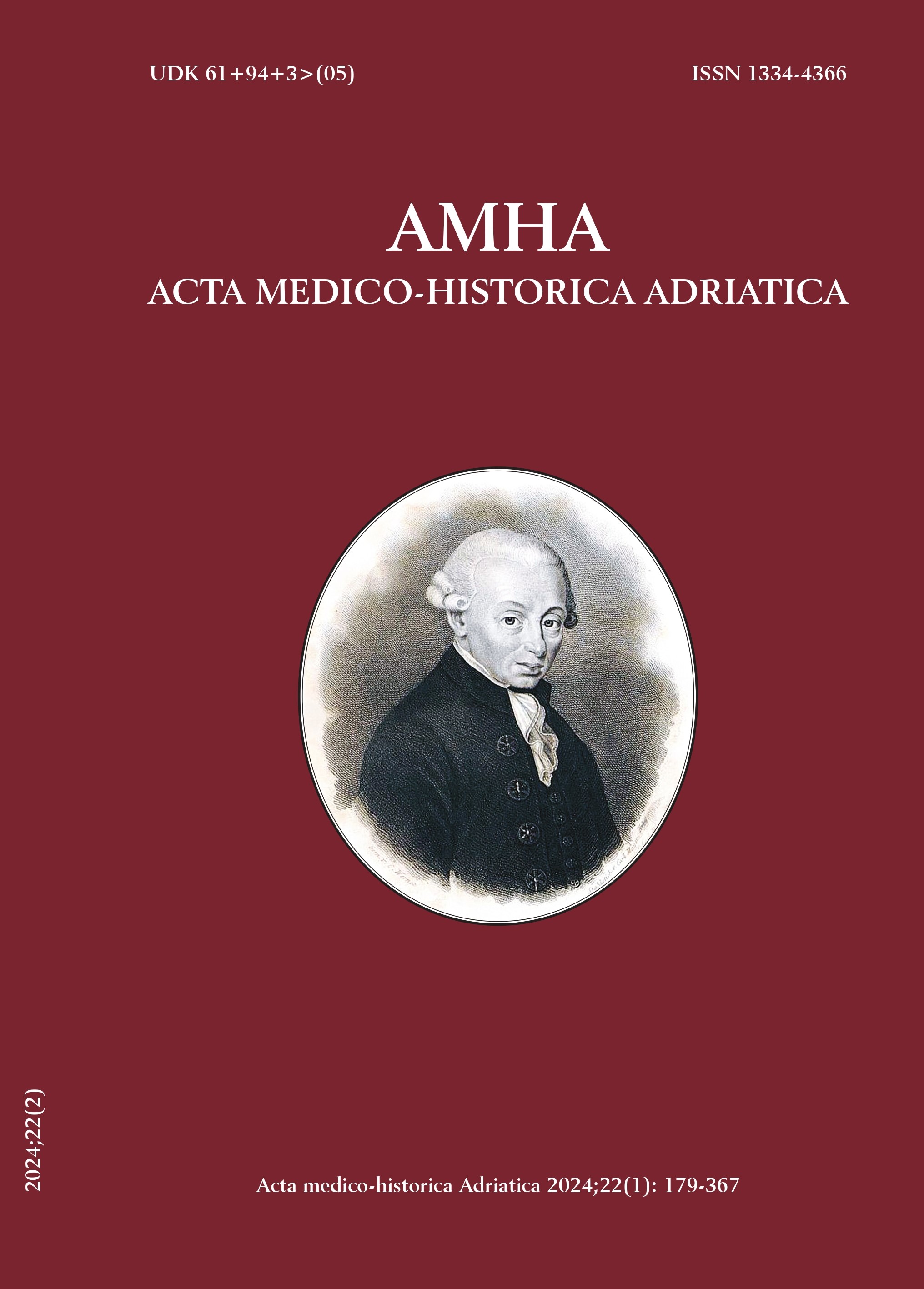HYPOCHONDRIA AS A DISTRACTION OF THE REASON WITHIN KANT'S TRANSCENDENTAL PHILOSOPHY
Keywords:
Kant, hypochondria, sense, sensation, perception, imagination, reasonAbstract
https://doi.org/10.31952/amha.22.2.10
The primary aim of this paper will be to understand hypochondria as a philosophical problem, rather than a medical-psychological one, since there is a significant difference between the modern (medical-psychological in the true sense of the word) understanding of hypochondria and all earlier anthropological, philosophical, and physiological understandings, including that of Kant. Kant's interpretation of hypochondria, as a mental illness, highlights an interesting dichotomy between actual bodily sensations and distorted perception. The hypochondriac experiences real physical sensations but interprets them in a way that is not grounded in actuality. Kant argues that these sensations result from the (lack of) attention the hypochondriac gives to certain physical signals. On the other hand, if one were to focus their attention on something else or engage in activities that distract their thoughts from pathological feelings, the feelings could diminish, and with enough composure, even disappear entirely. One of the key problems with hypochondria is that rational arguments often cannot change the beliefs of a person who feels symptoms in their body and mind. In order for a person to regain control over themselves, Kant turns to the principles of moral and philosophical dietetics. Therefore, this paper will specifically follow two aspects: Kant's scattered analysis of hypochondria and its transcendental philosophical assumptions. Conclusions from transcendental philosophy should help in overcoming hypochondriac whims.


